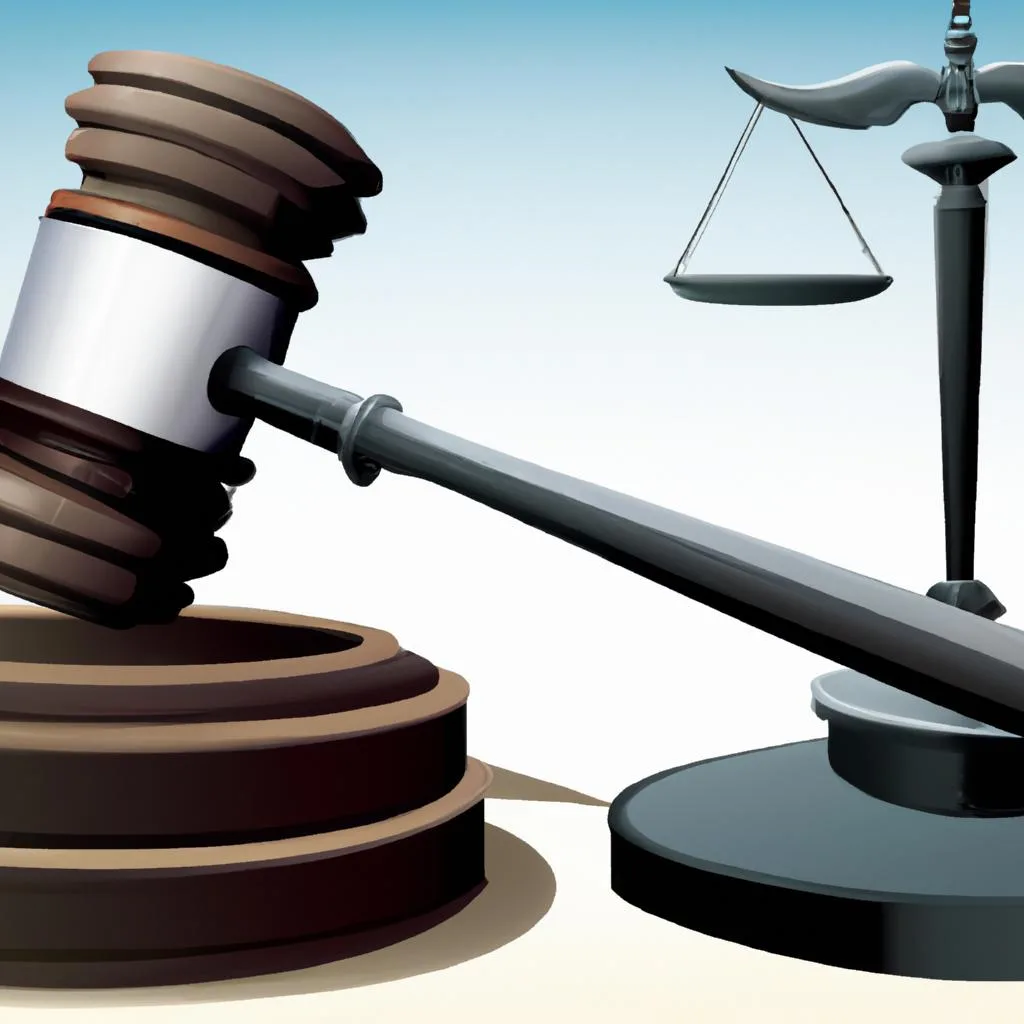In the labyrinth of estate planning, a recurring question echoes through the corridors of familial inheritance:
Is it better to inherit cash or property?
As seasoned practitioners in New York City’s legal landscape, the Morgan Legal Group navigates the intricate pathways of probate, elder law, Wills, and trusts with precision and expertise. Join us as we unravel the complexities of this age-old dilemma and explore the nuanced considerations that accompany the choice between cold, hard cash and the weight of tangible assets.
Analyzing the Benefits of Inheriting Cash vs. Property
When it comes to inheriting cash versus property, there are a variety of factors to consider before determining which option is more advantageous for you. Inheriting cash provides immediate liquidity, allowing flexibility in how the funds are used. Whether paying off debts, investing, or simply saving for the future, cash inheritance offers a level of financial freedom that property may not.
On the other hand, inheriting property can provide long-term financial stability and potential growth in value over time. Property ownership can also offer rental income opportunities, tax deductions, and a tangible asset that can be passed down to future generations. Additionally, owning property can hedge against inflation and provide a sense of security, knowing you have a physical asset to fall back on in times of need. Ultimately, deciding between inheriting cash or property will depend on your financial goals and circumstances. Consider consulting with a professional from Morgan Legal Group to discuss your options and create a personalized estate plan that aligns with your wishes.
| Cash Inheritance | Property Inheritance |
| Immediate liquidity | Potential for long-term growth |
| Financial flexibility | Rental income opportunities |
| Freedom to invest or save | Tax deductions |
Examining the Risks and Pitfalls of Inheriting Cash vs. Property
When considering whether it is better to inherit cash or property, evaluating the risks and pitfalls associated with each option is crucial. Inheriting cash may seem like a straightforward and hassle-free option at first glance, but it comes with its own set of challenges. One of the main risks of inheriting cash is the potential for mismanagement or reckless spending. Without a solid financial plan in place, the inherited cash could quickly dwindle, leaving the beneficiary in a precarious financial situation.
On the other hand, inheriting property can also present its own set of risks. Property ownership comes with ongoing maintenance costs, property taxes, and potential liabilities. Inherited property may also be subject to disputes among heirs, leading to lengthy legal battles. Additionally, property value can fluctuate over time, potentially resulting in financial losses. Ultimately, deciding whether to inherit cash or property depends on individual circumstances and financial goals.
Determining the Long-Term Financial Implications of Inheriting Cash vs. Property
When determining the long-term financial implications of inheriting cash versus property, it is essential to carefully consider various factors that can impact your financial well-being. Both cash and property inheritances come with their own benefits and drawbacks that should be weighed carefully before making any decisions. Below are some key points to consider when deciding whether it is better to inherit cash or property:
- Liquidity: Cash provides immediate access to funds, offering flexibility in how the money is used. Property, on the other hand, may require time and effort to be converted into cash if needed.
- Appreciation: Property has the potential to appreciate in value over time, providing long-term financial growth. Cash, while safe from market fluctuations, may lose value due to inflation.
- Tax implications: Inheriting property may come with tax consequences such as property taxes, capital gains taxes, and estate taxes. Cash inheritances may also be subject to taxes, depending on the amount received.
When deciding between inheriting cash or property, it is crucial to consult with financial advisors and estate planning professionals to understand the implications of each option fully. By carefully evaluating your financial goals, risk tolerance, and tax considerations, you can make an informed decision that aligns with your long-term financial objectives. Ultimately, whether it is better to inherit cash or property will depend on your circumstances and financial priorities.
Making Informed Decisions: Factors to Consider When Choosing Between Inheriting Cash or Property
When faced with the decision of whether to inherit cash or property, there are several important factors to consider. One key consideration is the liquidity of the assets. Cash is readily available for immediate use, while property may take time to sell in order to access the funds. Additionally, the market value of the property should be carefully evaluated, as it can fluctuate over time.
Another crucial factor to weigh is the tax implications of inheriting cash versus property. In general, inheriting cash is typically less complicated in terms of taxes, as it is more straightforward to determine the taxable amount. On the other hand, inheriting property may come with potential income, estate, or capital gains tax implications depending on the value of the property and local tax laws. It is advisable to consult with a knowledgeable estate planning attorney, such as Morgan Legal Group in New York City, to help navigate these complex considerations and make an informed decision.
| Factor | Consideration |
|---|---|
| Liquidity of assets | Cash is readily available for immediate use |
| Market value | Property value can fluctuate over time |
Q&A
Q: Is it better to inherit cash or property?
A: That’s a common question many individuals ponder when faced with an inheritance.
Q: What are some benefits of inheriting cash?
A: Inheriting cash provides liquidity and immediate access to funds, allowing for flexibility in how the money is used or invested.
Q: Are there any downsides to inheriting cash?
A: One downside is that cash can depreciate in value over time due to inflation, reducing its purchasing power.
Q: What are some advantages of inheriting property?
A: Property can appreciate in value over time, potentially providing a solid long-term investment. It also offers the opportunity for rental income or personal use.
Q: Are there any drawbacks to inheriting property?
A: Property may come with maintenance costs, property taxes, and potential liquidity issues if the property cannot be easily sold.
Q: Is there a definitive answer to whether cash or property is better to inherit?
A: Ultimately, the answer depends on individual circumstances, financial goals, and preferences. In some cases, a combination of both cash and property may provide the best financial outcome.
Key Takeaways
In conclusion, the debate over whether it is better to inherit cash or property ultimately depends on individual circumstances and preferences. While inheriting cash can provide immediate financial flexibility, inheriting property can offer long-term stability and potential for growth. Ultimately, the best choice may vary from person to person, so it is important to carefully consider all factors before making a decision. Whether you receive a windfall of cash or a treasured family heirloom, remember that inheritance is a gift that comes with both practical and sentimental value.









